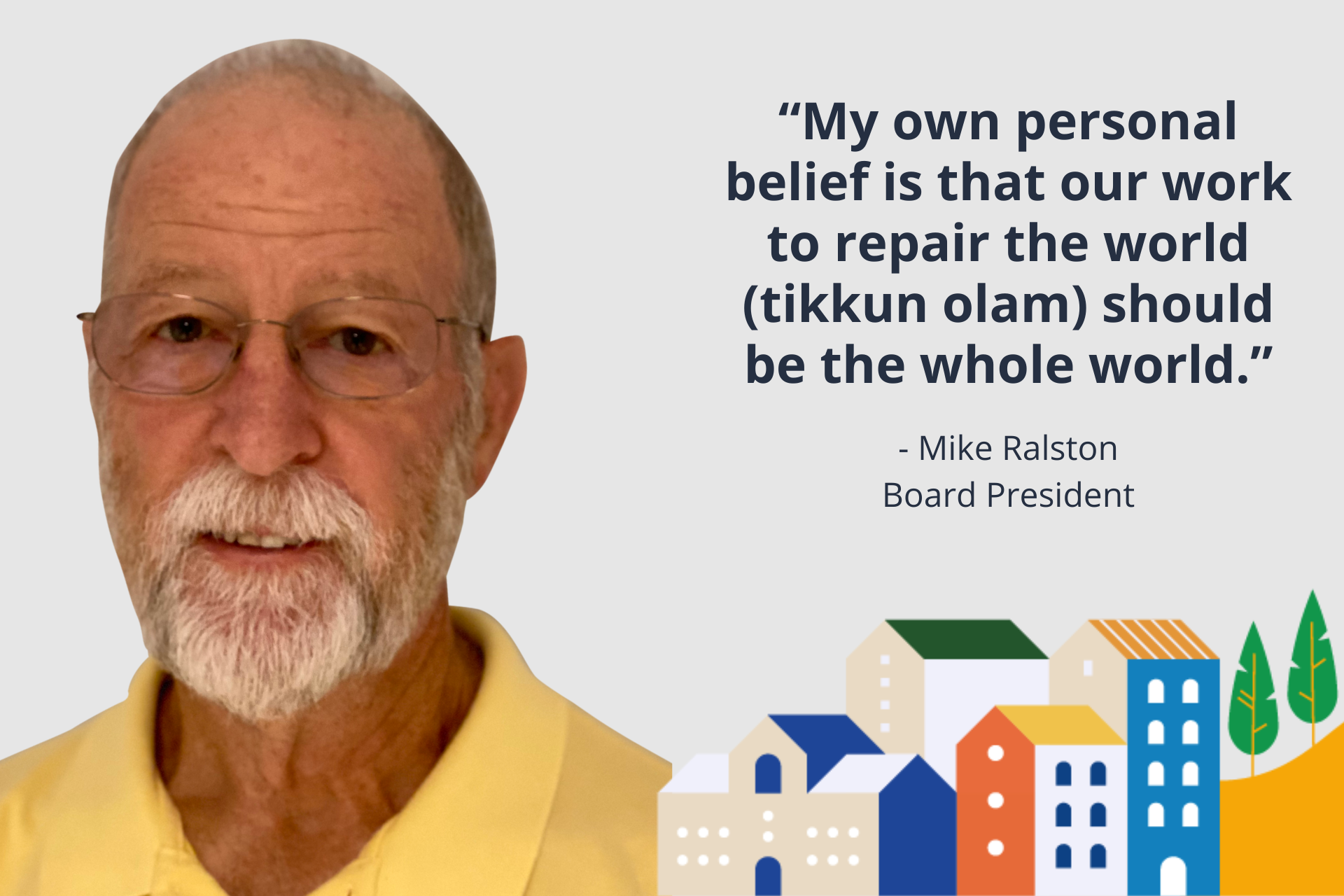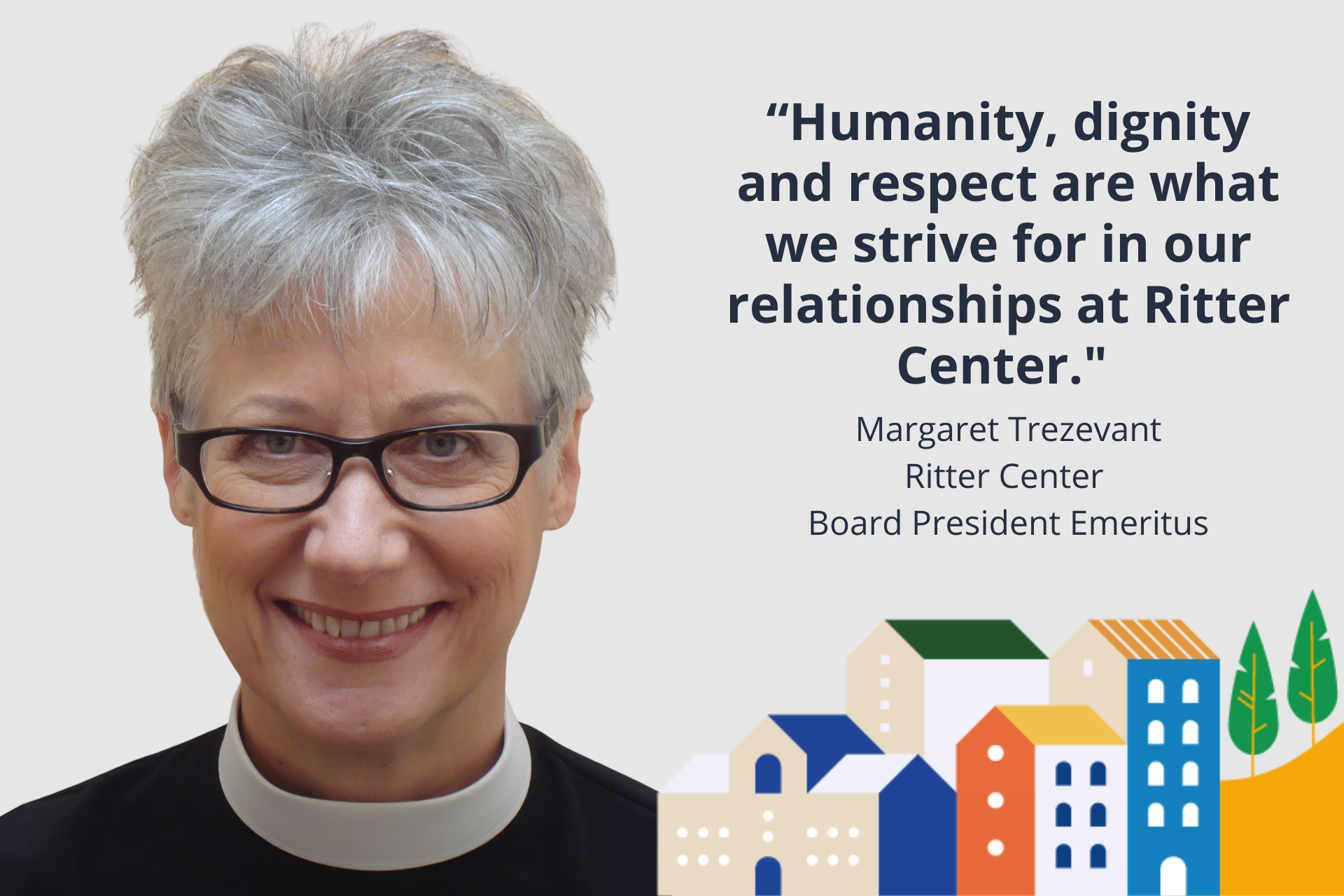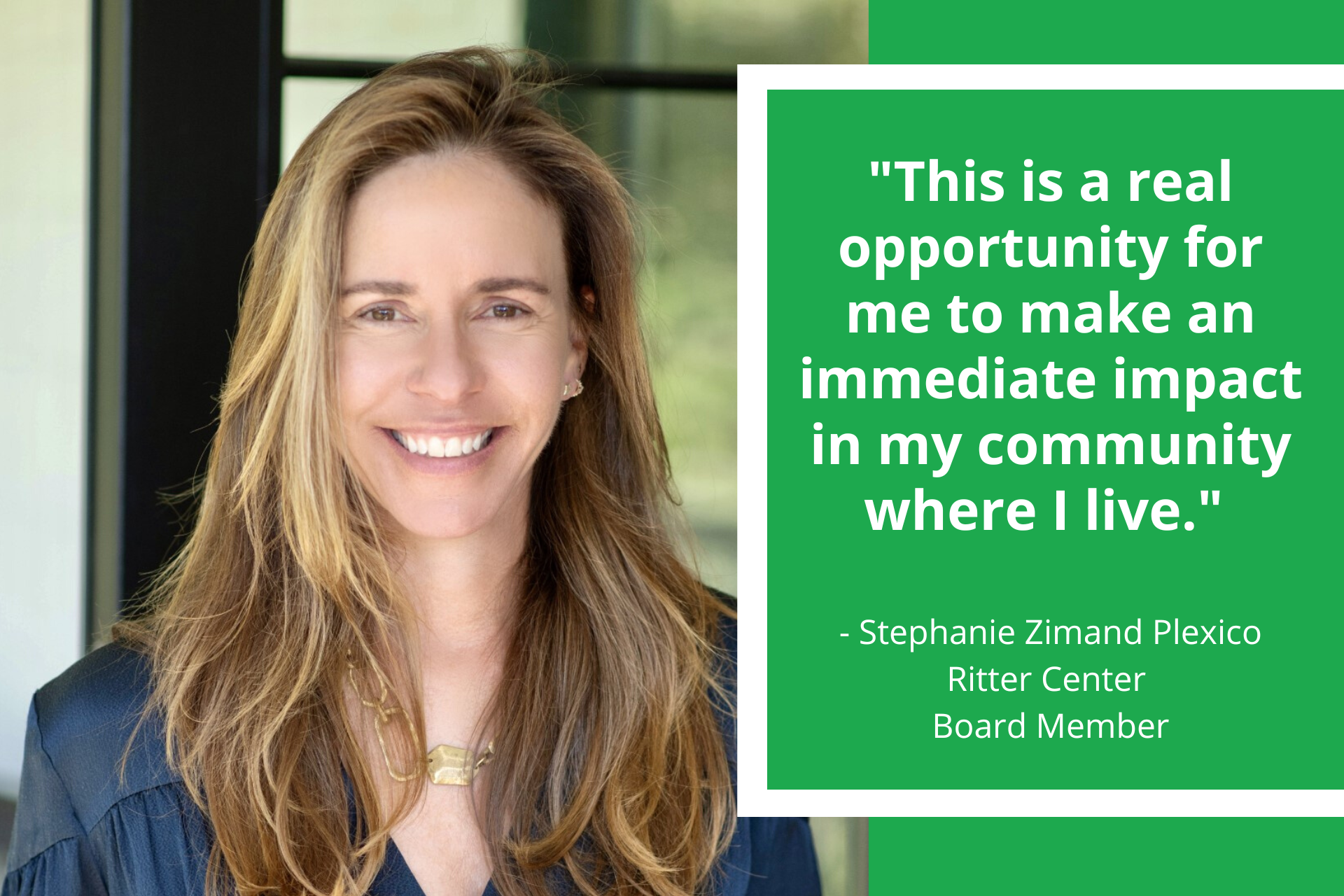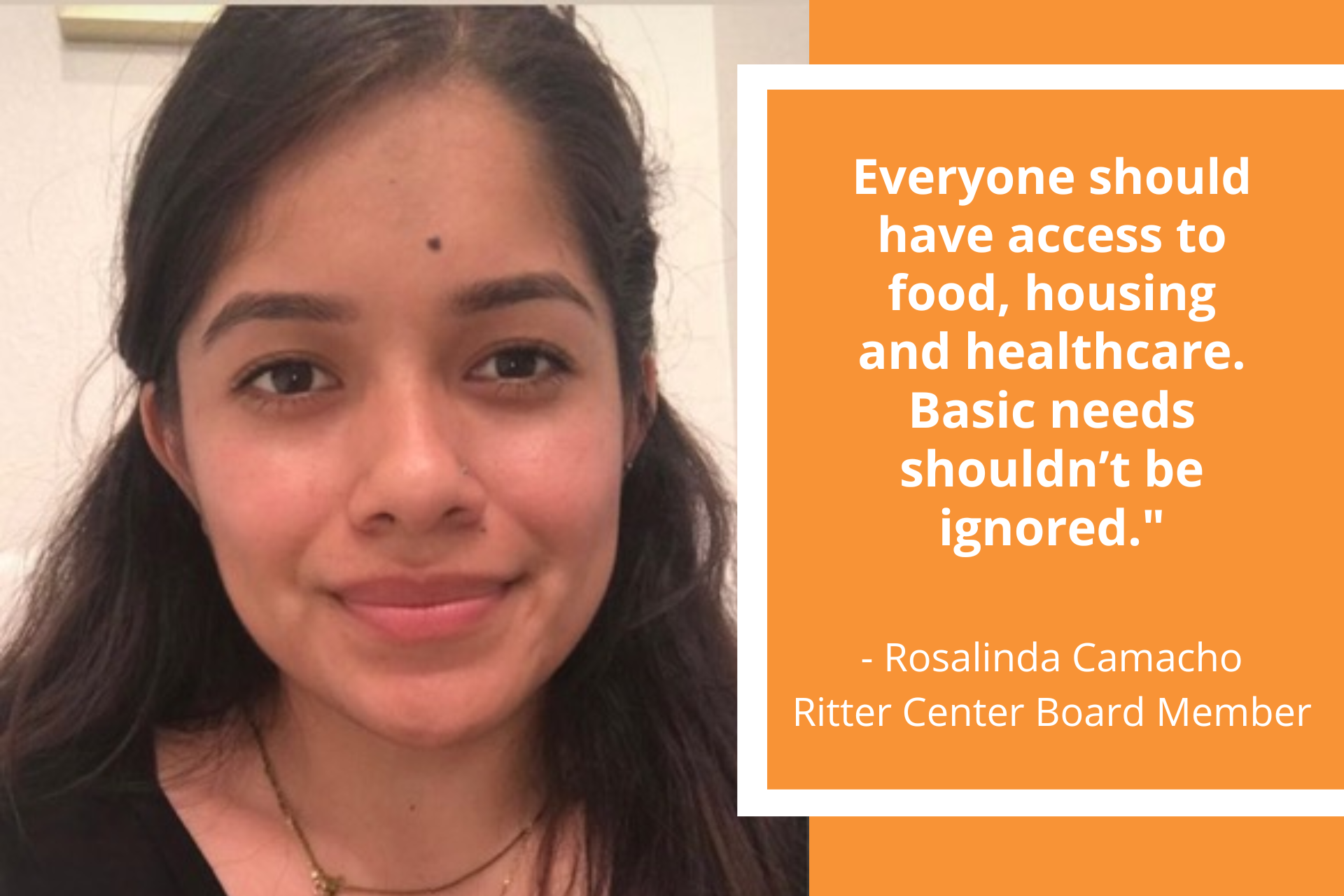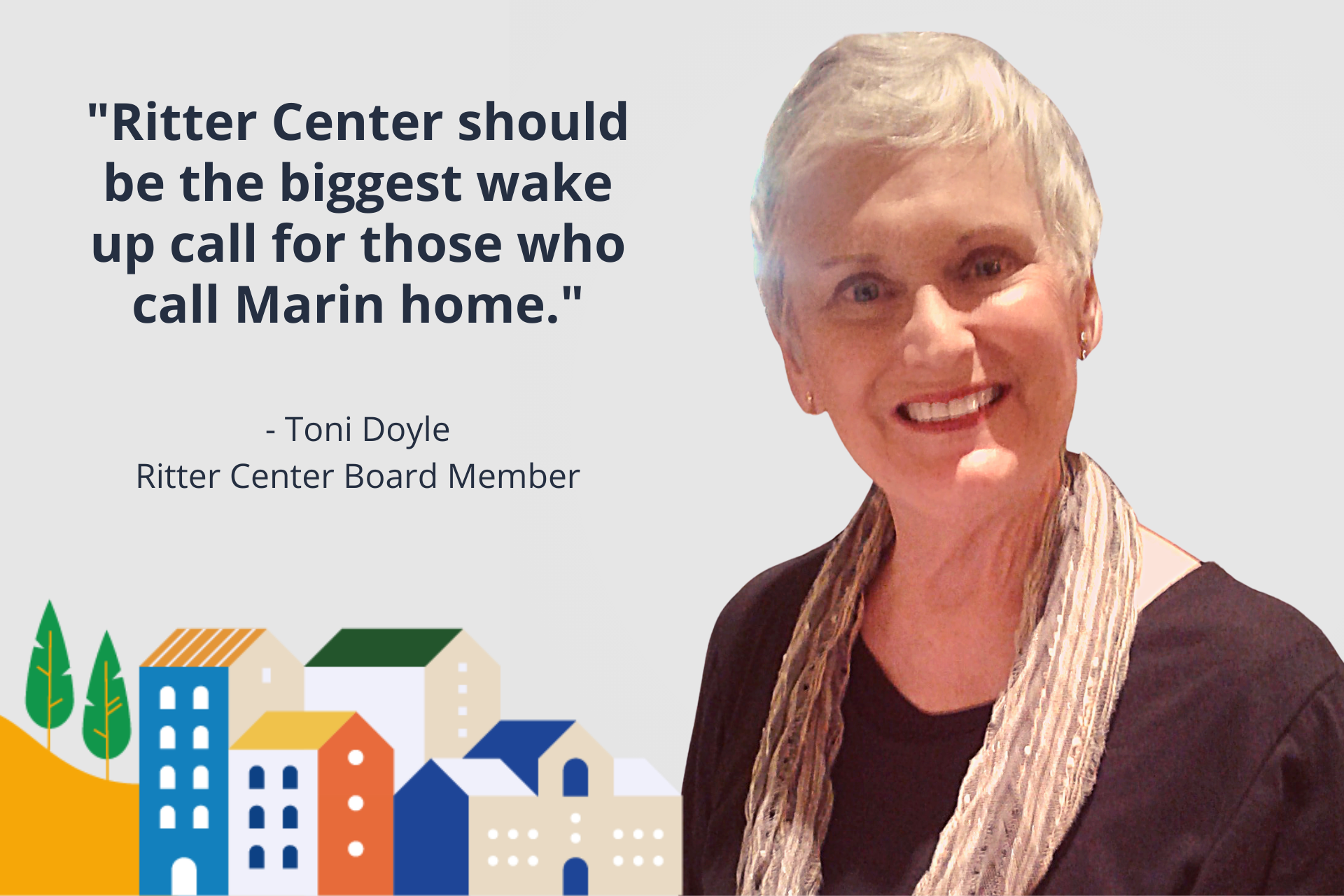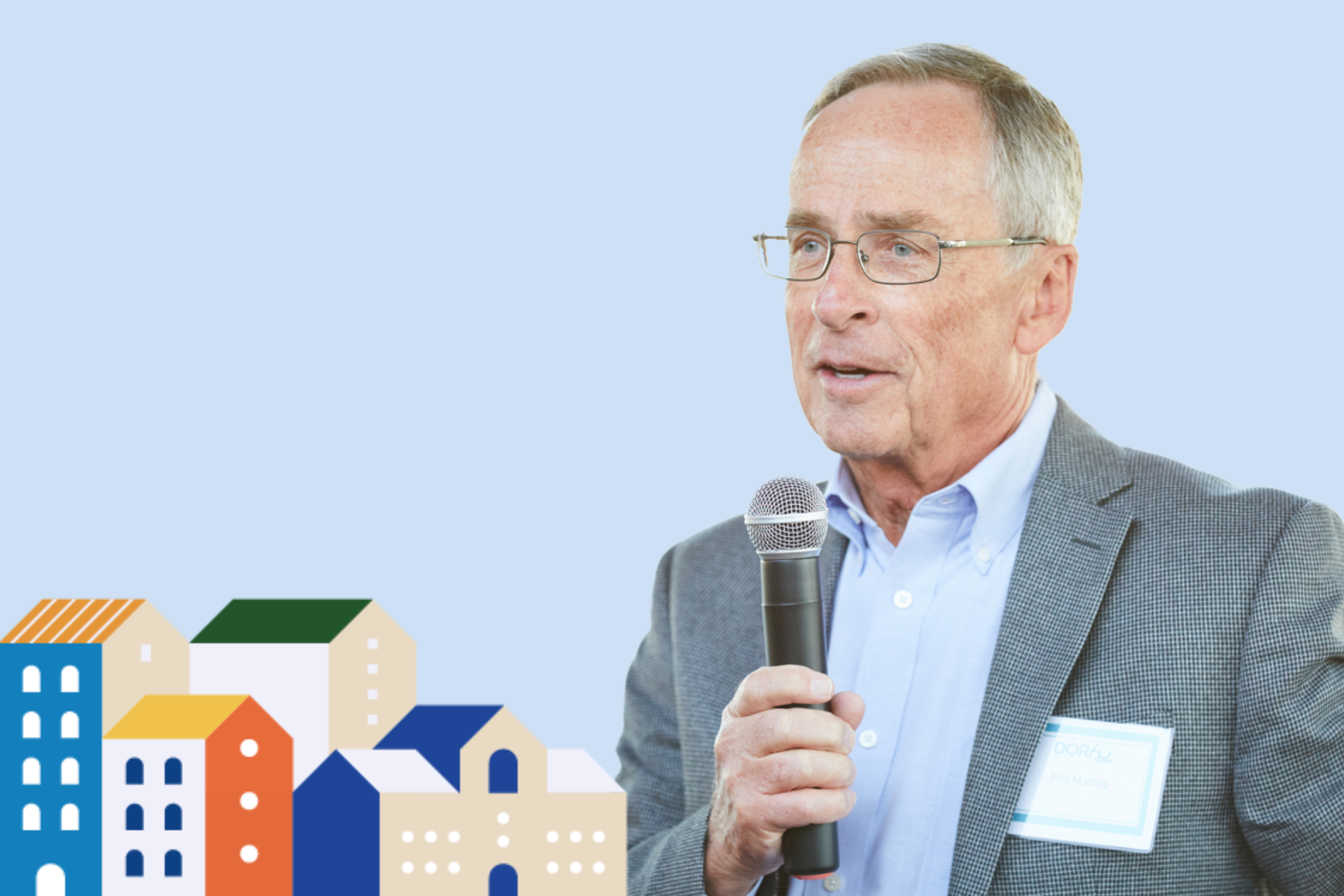
Board Member Phil Madvig Compares Homelessness Crisis to AIDS Epidemic
“When I moved to Novato, one of the first things I noticed was the number of people camping out by the library. Sometimes people ask ‘how do we get rid of them?’ My response is that displacement isn’t the solution. We must work together to find a set of solutions, and that is a big part of what drew me to serve on the board of Ritter Center. This is an organization that provides an array of services to a collection of problems. Although we can be overwhelmed by the problems that we see throughout our community, the vast and deeply complex range of issues suggests that as a society, we need to create a collection of solutions. Indeed, the solutions are challenging to identify and implement, but we must acquire a more remarkable understanding of what’s going on so we can come up with an appropriate and responsive portfolio of solutions.” —Phil Madvig, Board Member
Ritter Center Board Member Phil Madvig urges that our community include not only compassionate activities, but pragmatic ones, too. He advises that a complete set of activities with lasting solutions has a higher likelihood of succeeding if they are deeply and intentionally rooted in the complexity of the spectrum of the related problems.
With a long career in healthcare as a physician, got to know how different people are through his medical practice, and their very different circumstances and needs. “Working in the field of medicine exposes you to a wide range of people,” he Phil. “It forces you to get out of your comfortable, but narrow life.”
He continued, “My horizons broadened, and I began to understand that everybody is not like me. We are a diverse humanity and therefore we also need diversity in our approach to issues like safety, security, health, wellbeing and happiness.” Phil recognizes that these are important issues with multiple solutions.
Since Phil retired, he’d been wanting to give back to an organization that can benefit from the knowledge and experience gained from his lifetime career in healthcare.
He was searching for a group that was already doing great work, but could benefit from additional input to create even more social impact in the community.
“Nothing felt all that meaningful until I found Ritter Center. What resonated with me is that they were already configured in such a way as to provide an array of services that addresses head on the vast complexity of issues that we face as a society,” recalled Phil.
“Poverty is an enormous part of this puzzle. The US has lost its way in our distribution of resources and wealth. We are suffering from it. It is not good for any of us, regardless of our circumstances. There is such profound misery and suffering in our midst. To see that in our fellow humans and in our community is deeply disturbing,” urged Phil.
“I asked myself where might I participate in this effort to make things better, and Ritter Center is part of the solution. I maintain hope that progress can be made. The problems have more than one origin and won’t be easily addressed, but at the same time, if we don’t do something, there will never be progress or resolution.”
Phil drew an analogy between his career as an internal medicine physician with a practice in San Francisco during the AIDS epidemic to the current public health crisis of people experiencing homelessness and the stunning range of inequities we see.
Working at Kaiser in Oakland, he was called on to help configure the healthcare system for each individual and the needs of the entire population.
“Combining public health with one on one medical care is the key,” said Phil. “Lifting the whole health of the population doesn’t prevent you from solving the complicated issues any one member of the population might be struggling with at the same time.
He continued, “The similarity between the AIDS crisis and homelessness is rooted in the deeply embedded stigmatization of the people experiencing the condition. If AIDS had hit a different segment of the population than initially being isolated to gay men and intravenous drug users, it would have been a very different moment in time.”
Phil notes that these issues aren’t solely limited to medical problems, but that they also encompass significant social problems. “In order to adequately face these challenges, we must get out of our usual modes and organize our efforts in a different way than we have been prior to this chapter in history,” said Phil.
“Something is really wrong in our country. Our collective health is getting worse, especially in terms of longevity, maternal death rates and drug use, he said. “People are living shorter and less healthy lives. The answer isn’t solely limited to the need to improve our healthcare system.
“The driving force here is that we don’t invest in education, poverty and the root causes of homelessness. We must focus on drug abuse and our educational systems. Everybody wants good health. This is a unifying theme. As a society, we have made some poor decisions and as a result, we now have inherited a collection of problems that affect all of us directly or indirectly.”
Phil is currently preparing to teach a class at the Osher Lifelong Learning Institute on healthcare in the US.
